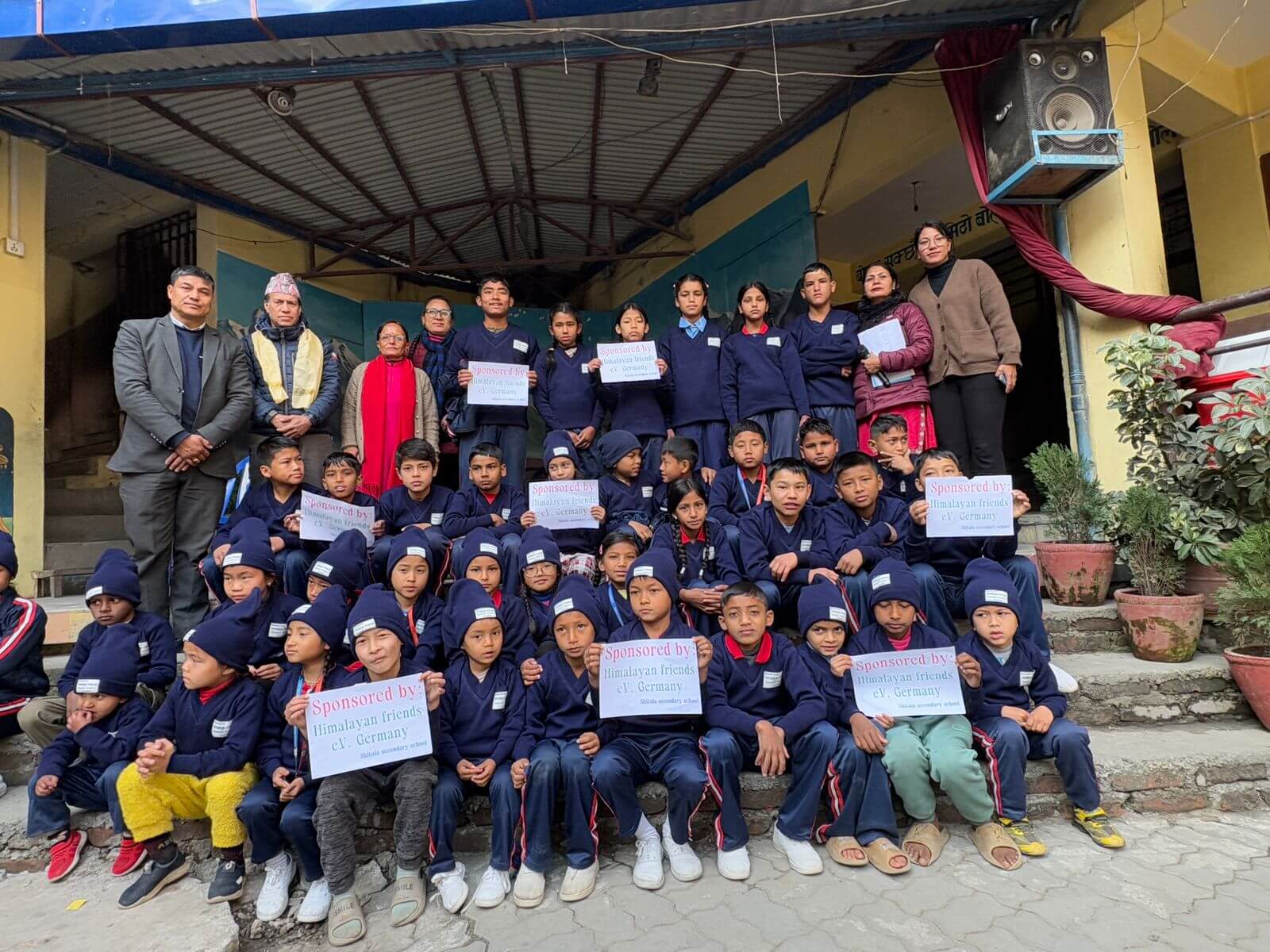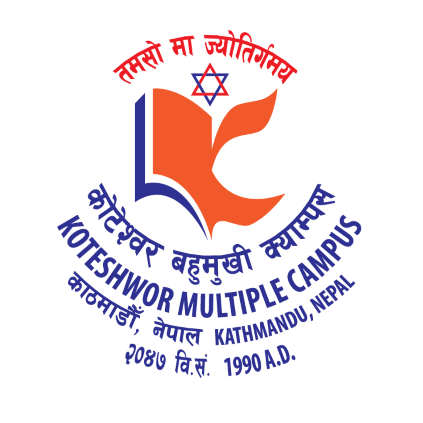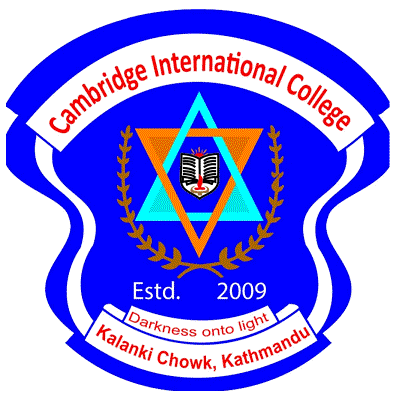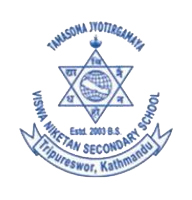Overview
Ten Plus Two (+2) in Education at Shitala Secondary School, Balaju, Kathmandu
The Ten Plus Two (+2) in Education program at Shitala Secondary School, located in Taudol, Balaju Heights, Kathmandu, is designed for students aspiring to understand the fundamentals of teaching, learning, and educational systems.
Affiliated with the National Examinations Board (NEB) and approved by the Ministry of Education, this course provides a foundation in knowledge for those interested in careers related to education, social science, or public service.
Highlights
-
Institution: Shitala Secondary School
-
Location: Taudol, Balaju Height, Kathmandu
-
Affiliation: National Examinations Board (NEB)
-
Program Level: Grade 11 and Grade 12
-
Stream: Education
-
Eligibility: Minimum GPA 1.6 in SEE

Curriculum Details
The curriculum includes both compulsory and optional subjects. Compulsory subjects for Grade 11 and 12 are Nepali, English, and either Social Studies and Life Skills or Mathematics.
Key education-related optional subjects include:
-
Education and Development
-
Instructional Pedagogy and Evaluation
-
Population Studies
-
Psychology
-
Sociology
-
Nepali and English as focused electives
This structure allows students to explore multiple perspectives on Nepal’s education system and develop insight into curriculum, classroom methods, and educational administration.
Objectives
-
To introduce learners to the meaning and functions of education
-
To provide general knowledge about educational history, thinkers, and systems in Nepal
-
To build awareness of educational trends, planning, and leadership in social contexts
Learning Outcomes
Upon completion, students will be able to understand classroom dynamics, basic curriculum planning, educational policy issues, and methods of student counseling.
This course also helps develop leadership and communication skills relevant in schools and education offices.
Career Opportunities
Graduates may pursue careers in teaching (following further qualifications), educational project coordination, social research, community programs, or administrative support in NGOs and INGOs. It also lays the foundation for B.Ed. and similar academic programs.


















